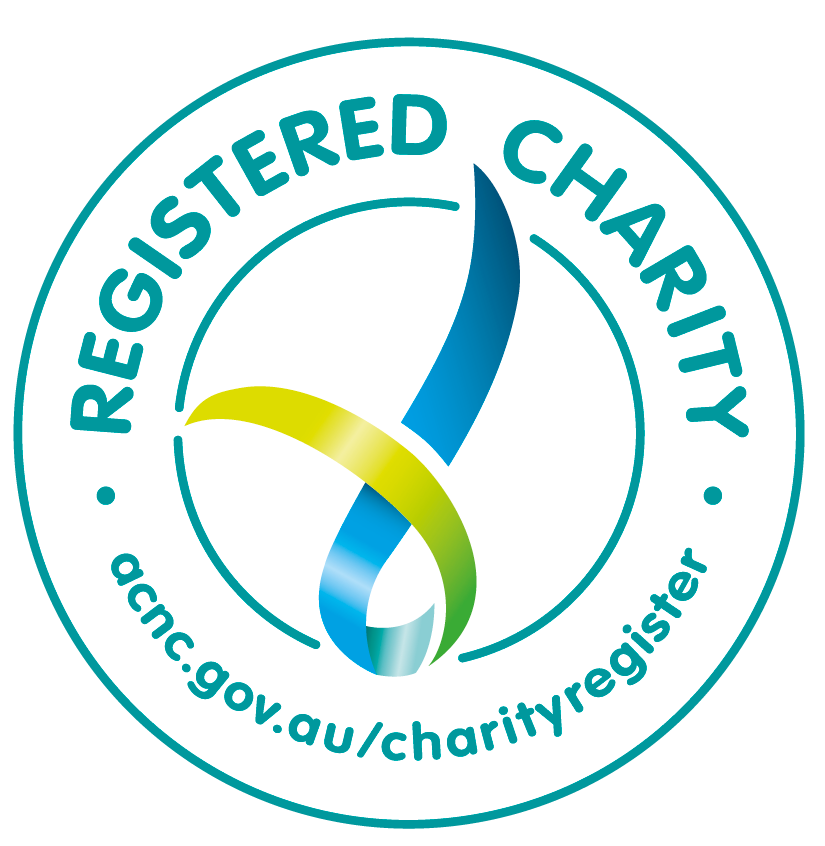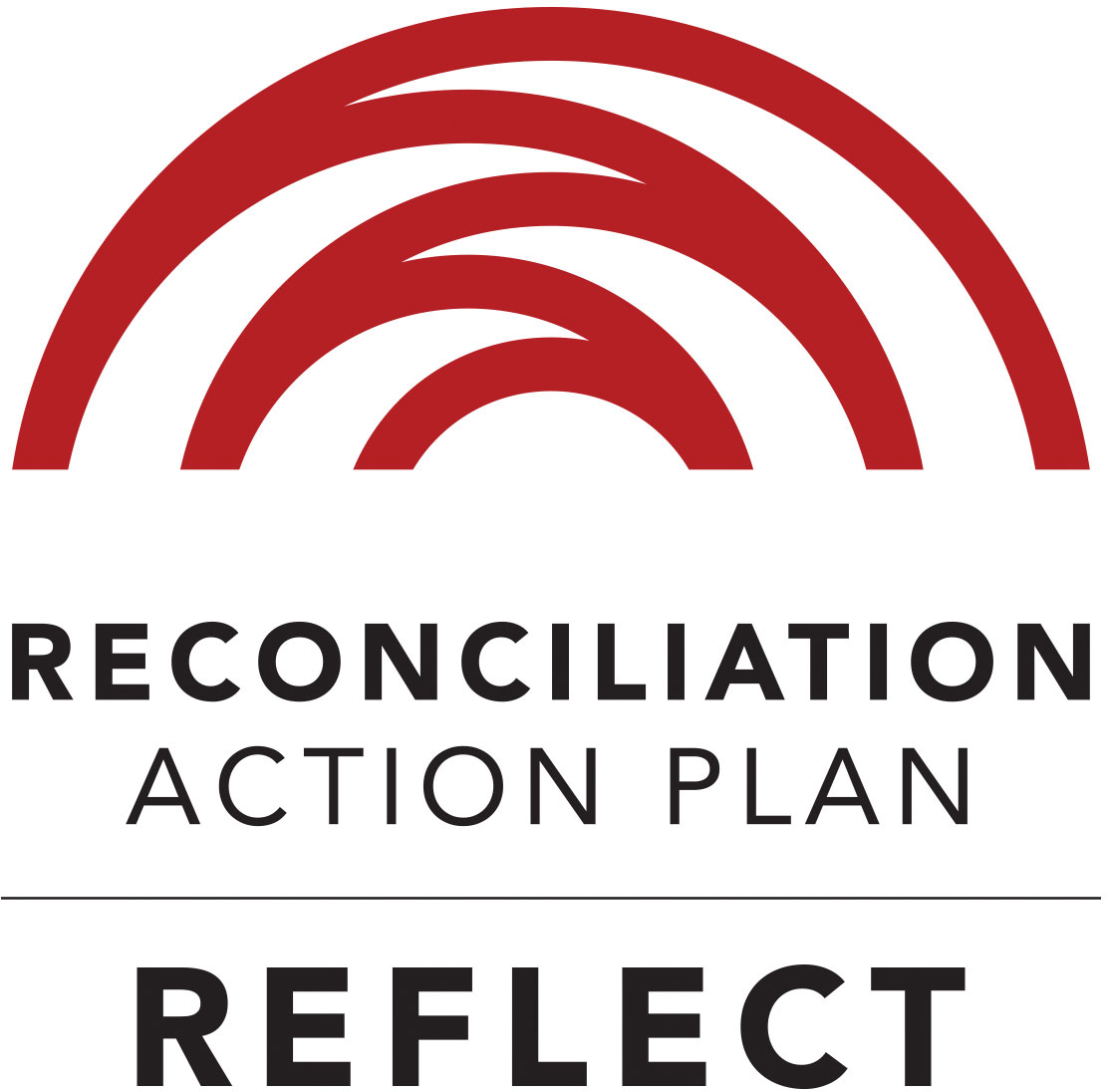More pages in this section
Mary-Rose reaching her goals with selectability's support
Once a senior executive, living an ordinary life, Mary-Rose suffered a workplace injury in 2010 that changed everything - stripping her of her career and leaving her struggling to go outside of her house.
Thanks to the help of selectability’s Support Coordinator and Psychosocial Recovery Coach Mia and Lifestyle Support Worker Tarryn, Mary-Rose has been reaching her goals and making significant progress on her recovery journey.
Mary-Rose said that she suddenly went from having ordinary networks and doing ordinary social things to being able to do absolutely nothing.
“At the time I was suicidal, and I was placed under the Act and put in a mental health facility. I have spent a lot of time over the past three years in hospital,” said Mary Rose.
With the passing of her husband three years ago, Mary-Rose said that her mental health recovery stalled, and she couldn’t seem to find a way forward.
“I just couldn’t seem to make any progress; I was really in a bad way, and I was lucky enough to meet somebody from Open Arms who suggested I try NDIS funding and told me about selectability.
“Since receiving my NDIS plan and working with Mia (from selectability) I’ve been able to make a lot of progress. I’ve got a number of things that I now like to attend, and I have a support worker Tarryn who is with me for nearly everything I do.”
While progress towards her goals started off slowly, Mary-Rose is now moving at record pace, and she has found new social connections in a local quilting group.
“The first time I went to quilting I was just a nervous wreck…but I can really say now that I enjoy going, I look forward to going because I am actually producing something.
“There is a maximum of five people in the group, and I’ve got to really know those people.
“If you measure my progress to someone who hasn’t been unwell, they won’t even notice what I’m doing, but for me things like going to quilting are huge.”
Mary-Rose has come a long way and proudly shares she has seen incredible improvement in herself.
“I had no self-esteem, I hated myself. If somebody suggested that I was ‘worthy’ or ‘worthwhile’ I would immediately vomit.”
That was two years ago, now Mary-Rose is finding value working around horses.
“I love horses and I spend at least two to three hours a week with Jason and his horses. I like being able to feed the horses…the day I did that for the first time I actually had this huge lightbulb moment of ‘I was able to say what I was doing was worthwhile’.
And as Mary-Rose points out without the support available to her via selectability none of this would have been an option.
“Without the support originally from Open Arms, then the NDIS and now with selectability if I am really honest, I probably wouldn’t be here.
“I couldn’t have done it without the support of Tarryn, Mia and Jason.”
As a part of her supports with selectability Mary-Rose works with Psychosocial Recovery Coach Mia to help establish goals and methods to work towards them.
“Working with Mia is incredible; she focuses on what’s right for me and what I want. When I am in doubt, I know Mia will advocate for me, she has always got my back and she reminds me that it is always my choice.
“Mia really has my best interests in mind, if I’m unsure about whether we can do something or not Mia can refocus me and guide me.
“We meet every week and it’s really invaluable for somebody who couldn’t go into the community. It’s like my charging station, I come to selectability on Wednesday and sort of equalise myself – it’s a safe place with safe people.
“I feel I have come a long way, however, I know I have a long way to go towards reaching my goals. I recognise that ups and downs will occur, as per life and the support I receive through selectability will help me to navigate through these times enabling me to heal and strengthen my resilience as I go. I am so very very grateful,” said Mary-Rose.
A psychosocial disability can impact the way a person thinks, feels or interacts with others and can prevent them from fully participating in life. But thanks to a tailored NDIS service, coaching is available to help people manage the complexities of day-to-day living.
Psychosocial recovery coaches support individuals with psychosocial disability to recognise, reflect and take responsibility of their own recovery.
They work collaboratively with individuals, their families, carers and other services to design and implement a recovery plan and help with the coordination of other NDIS supports.
USEFUL LINKS

selectability acknowledges the Traditional Owners of the land on which we provide services and pay our respects to Elders past, present and emerging. We acknowledge those with lived experience and those who support and partner with us to improve mental wellbeing and prevent suicide across regional Queensland.

